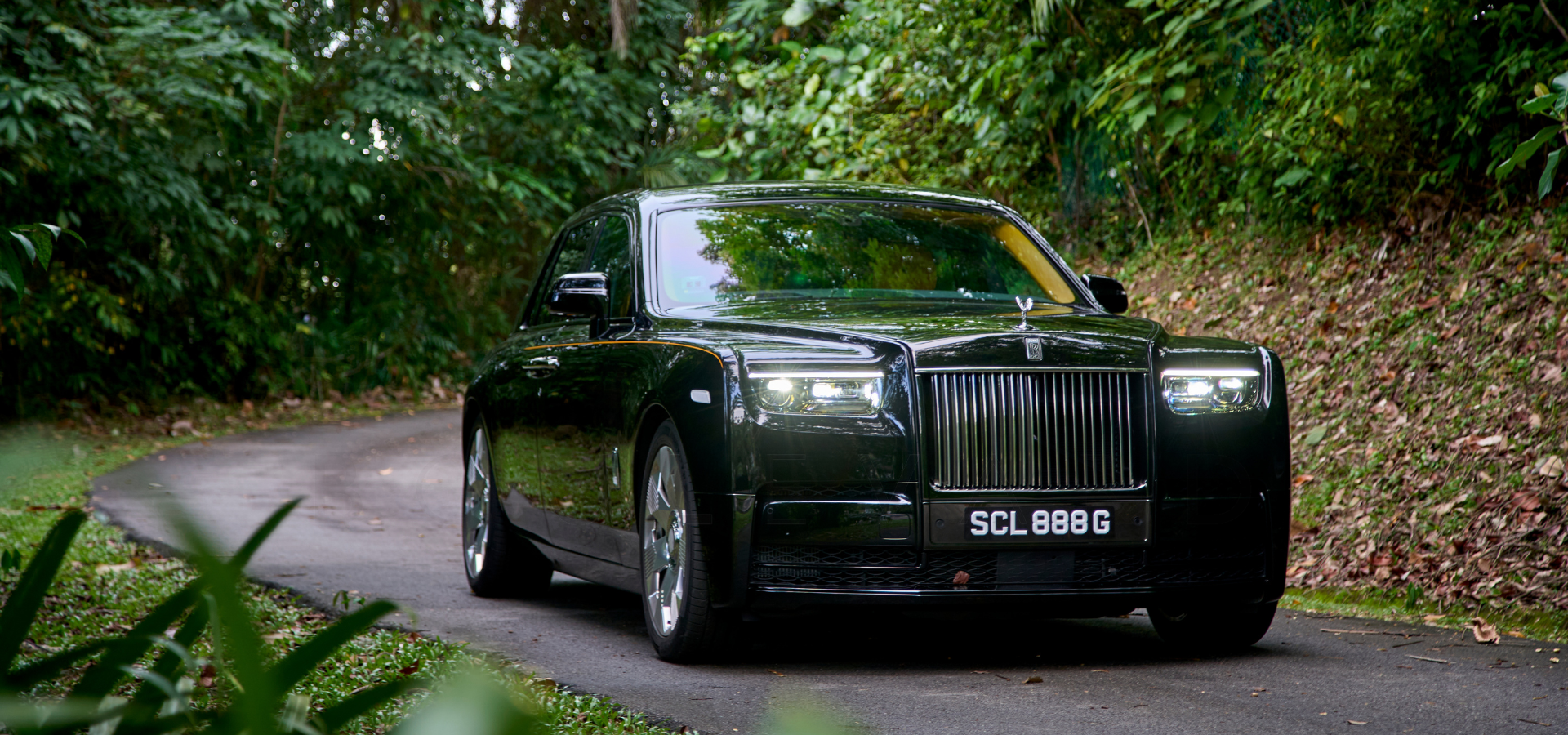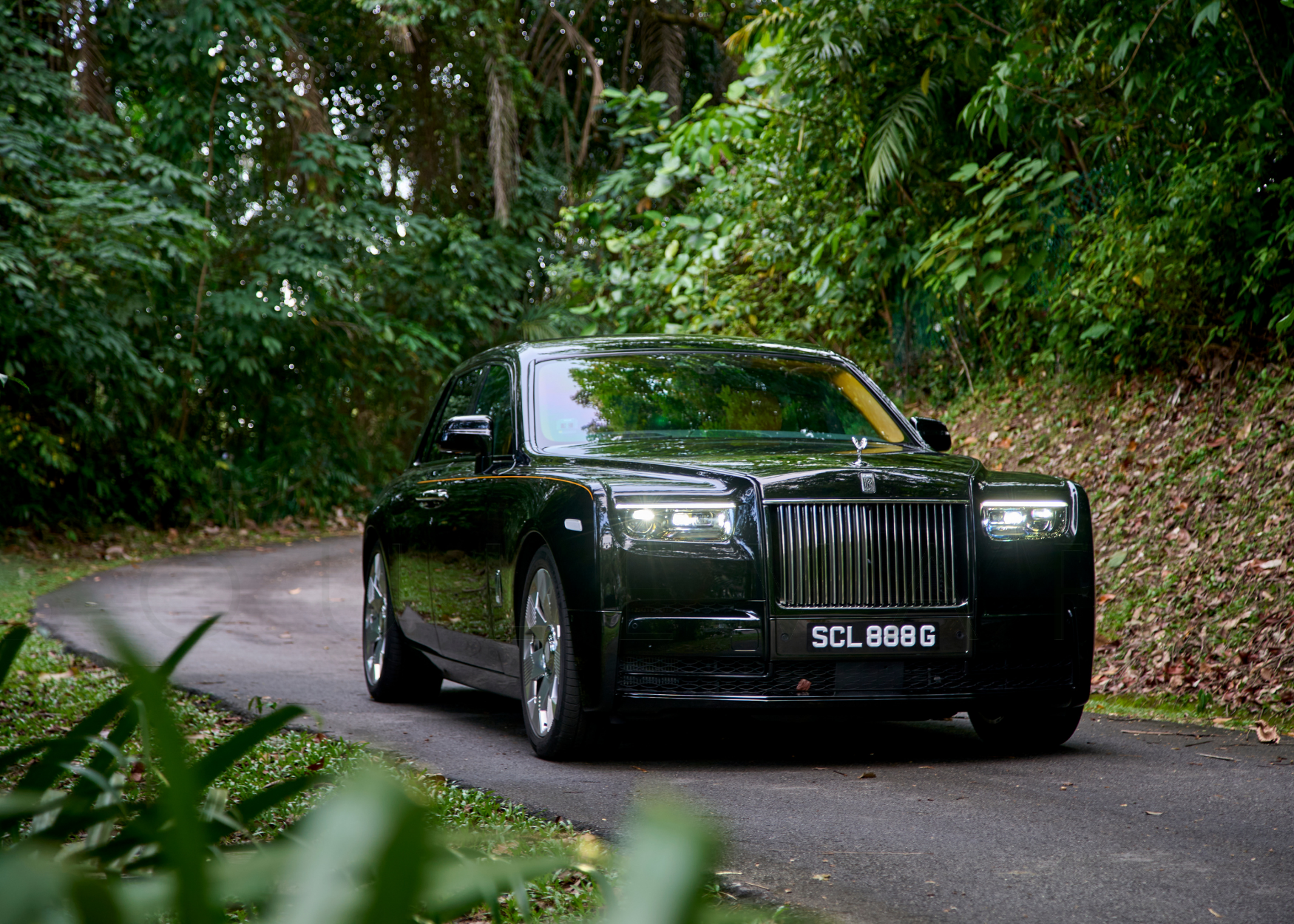How the Phantom came to define Rolls-Royce over 100 years
by Annie Asistio
Photography by Jin Cheng Wong
For 100 years, the Rolls-Royce Phantom has been more than just a car. Since its debut in 1925, it has chauffeured monarchs, presidents, field marshals and artists through moments that shaped history, yet it remains quietly unaffected by passing trends. In 2025, that means, not succumbing – yet – to the EV bandwagon.
The Phantom is about care, craft and restraint. Each car is ordered, not simply bought from a showroom, which means owners often work closely with Rolls-Royce to create their dream Phantom. From wood accents and leather upholstery, to paint and finishes, each car is truly one-of-a-kind.
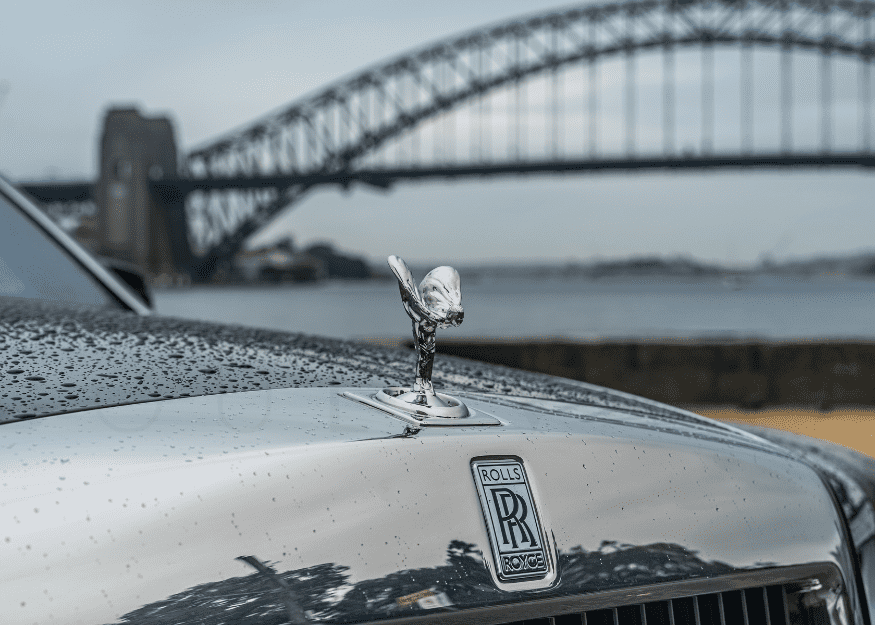
The iconic Rolls-Royce’s Spirit of Ecstasy hood ornament. Top: The Phantom Series II in Singapore.
Beneath the long bonnet is a powerful engine, but the Phantom is known more for its quiet cabin and the way it shuts out the outside world. That sense of comfort and calm has made the Phantom a trusted companion for royal fleets, official motorcades and collectors.
Each generation has reflected its time. In the 1930s, the Phantom III carried Field Marshal Montgomery during the Second World War, proving that elegance and duty could share the same road.
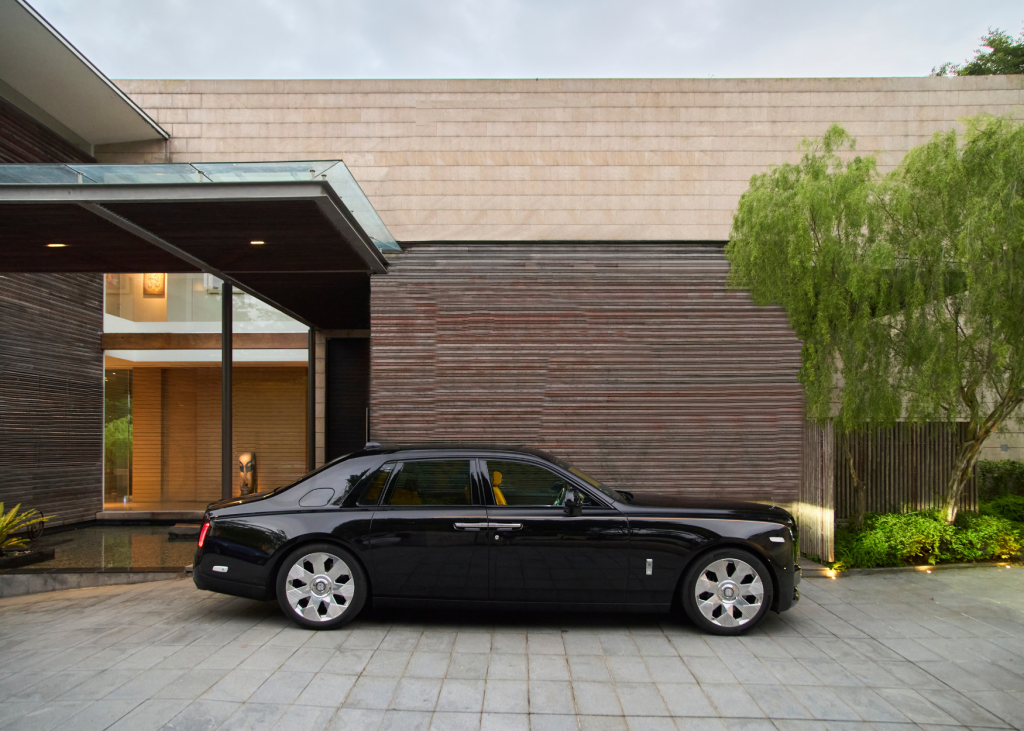
The Rolls-Royce Phantom Series II at the driveway of a Mt Pleasant Good Class Bungalow in Singapore.
The Phantom IV was so rare that only heads of state could order it—among them Queen Elizabeth II, who received her first Phantom in 1950.
Through decades of social change, the Phantom has stayed relevant not by shouting for attention, but by showing what quiet confidence looks like.
It has also left its mark in culture. John Lennon’s brightly painted Phantom V remains one of its most surprising transformations, turning a car known for understatement into something bold and playful. In film, the Phantom appears when a story wants to signal old wealth or discreet power, from James Bond to The Great Gatsby.
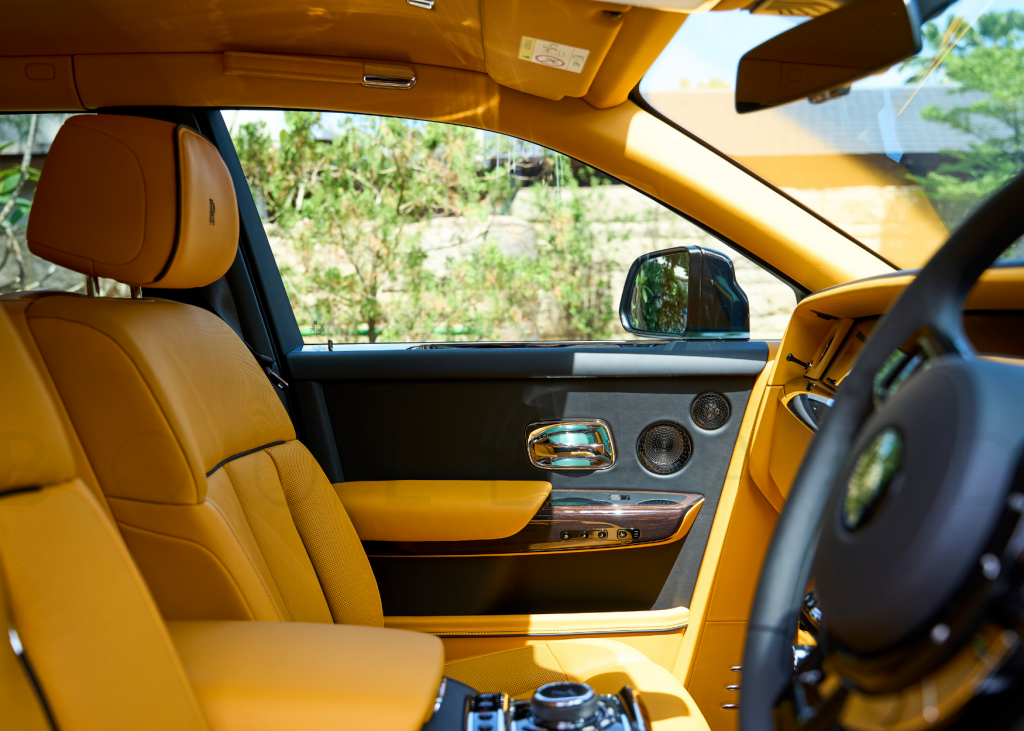
The interiors of the Rolls-Royce Phantom Series II is dominated in yellow and wood accents.
Over the years, special commissions have added new chapters. The Phantom Goldfinger hides secret compartments and gadget references worthy of a spy film. The Phantom Serenity’s hand-painted silk interior takes inspiration from Japanese gardens, while the Phantom Tempus carries an illuminated headliner that shows the positions of real pulsars—stars that measure time in space.
A century later, the Phantom’s story still matters because it shows how careful craft and patience can outlast passing trends. To mark its 100th year, Rolls-Royce is celebrating with special events, rare archive displays and commemorative touches on each Phantom delivered this year—a fitting tribute for a nameplate that has moved through history with quiet confidence.
Go further with the Rolls-Royce Phantom.
Read next:
